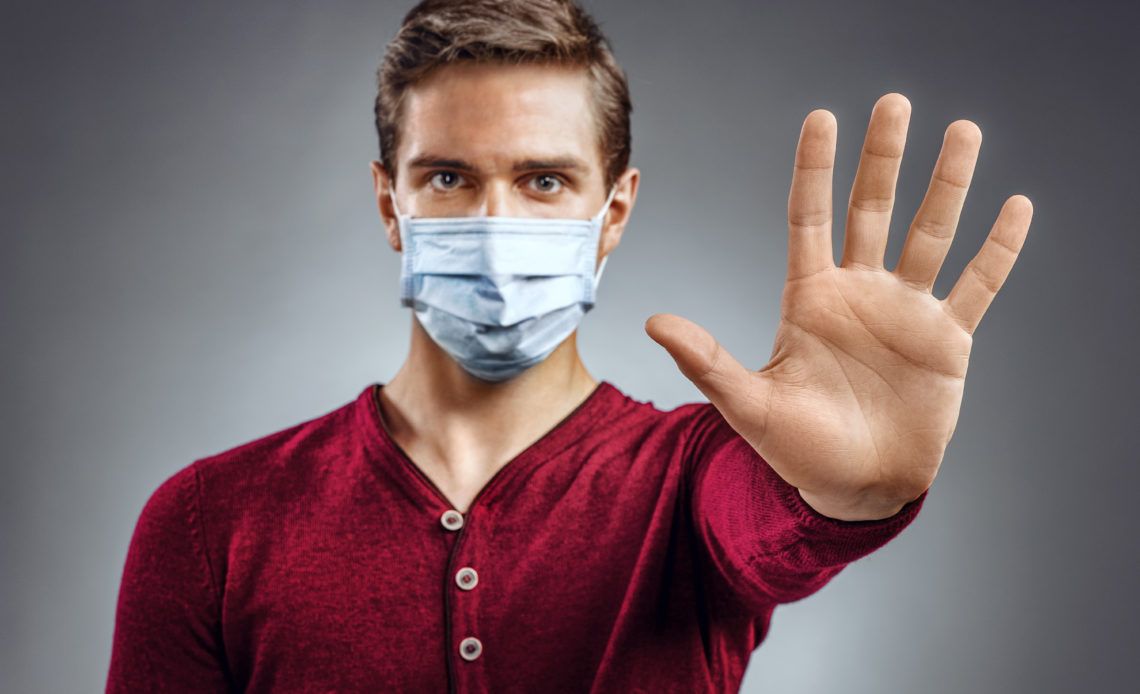
Do you live in a safe exposome? After consistent, quality sleep, the most important factor to keep your health is to live in a safe environment. The term exposome was created to cover the environmental factors that impact the health of your body through your lifetime.
Although you have evolved to sense most toxins, low-levels may remain undetected and gradually damage your cells and DNA, thus expediting aging. Instead of assuming your environment is safe, assume it is dangerous until you prove that it is safe. Ensuring your safety is a small price compared to the risk of loss of health and resulting medical care.
You can check the safety scores for cities in America and the environmental quality index as well. The latter data is from a study on cancer rates from 2000-2010. Hopefully updated results come out in the near future. It would also be cool if Dr. Michael Snyder’s wearable devices which test for a safe exposome become commercially available, but this seems doubtful.
Anytime you move to a new home, spend the money to test your home water supply ($25-$129) and monitor your home air quality ($90-$249). Take action if your water or air isn’t clean. There are good options for home water ($16-$187) and air purifiers ($300-$462). If the issue is more serious, contact your local politicians, newspapers and water authority to try to get the people at the top to address it. If that doesn’t work, consider moving elsewhere.
Also, if you have gas heating, your gas company should be checking the pipes for leaks every three years. According to those who make a living checking pipes, they find leaks in 1 out of 6 homes! Those emissions are toxic. Call your gas company and find out when they plan to inspect your home.
For those considering buying houseplants instead of air purifiers, unfortunately it is a myth that houseplants clean air. Plants are still nice to have in the home though.
A safe exposome extends beyond your home. If you or your family get water from drinking fountains at old schools or workplaces, it is wise to make sure those are tested. Even top schools in top cities in the world can find lead in their fountain water through proactive testing. Unfortunately, few schools do this. In most states, it is not required by law.
Beyond water and air, does it make sense to use anti-bacterial soaps and washes to reduce your chances of getting sick or infected? The FDA has concluded that there is not enough science to support using antibacterial soaps and washes. Manufacturers haven’t shown that these ingredients are more effective than plain soap and water. The FDA is issuing a final rule under which over-the-counter consumer antiseptic wash products (including liquid, foam, gel hand soaps, bar soaps, and body washes) containing the majority of the antibacterial active ingredients—including triclosan and triclocarban—will no longer be marketed.
Triclosan was first used as a hospital scrub in the 1970s and now is one of the most common antimicrobial agents in the world, found in shampoos, deodorants, toothpastes, mouth washes, kitchen utensils, cutting boards, toys, bedding, socks and trash bags. It is considered a pesticide by the Environmental Protection Agency (EPA).
Researchers found that triclosan exposure caused rapid changes in both the diversity and composition of the microbiome in the laboratory animals. Scientists believe that compromising of bacteria in the intestinal tract may contribute to the development or severity of disease.
Additionally, antibacterials such as triclosan have been shown to impact animal hormones and there is concern that they contribute to making bacteria resistant to antibiotics, impacting the effectiveness of medical treatments.
Unfortunately, antibiotic sanitizers kill off our good bacteria as well as bad bacteria. Our bodies use trillions of good bacteria on our skin and in our microbiome to ward off bad bacteria and remove toxins, including lead. We’ve done this for thousands of years. Of note, additional toxins can be removed by following a healthy diet including foods which help detox heavy metals.
Although antibiotics are dangerous, they are recommended for use in medical settings where infection risks are high. There are times and places where antibiotics are necessary to Keep Health.
So what should be used for cleaning your home? Fortunately, the EPA has produced a 68 page helpful guide to the safest and most effective ways to clean, disinfect and sanitize an early childhood education facility. Their recommendations are great for your home, too.
This concludes our article on creating a safe home and safe exposome. We will continue to update it as scientific research provides more information. At the end of each Keep Health article, we recommend a way to reward yourself. Today’s recommendation is to read A Civil Action, the riveting non-fiction best-selling book by Jonathan Harr about a water contamination case in Woburn, Massachusetts, in the 1980s. For those who prefer to watch instead, John Travolta and Robert Duvall star in the 1998 movie.
